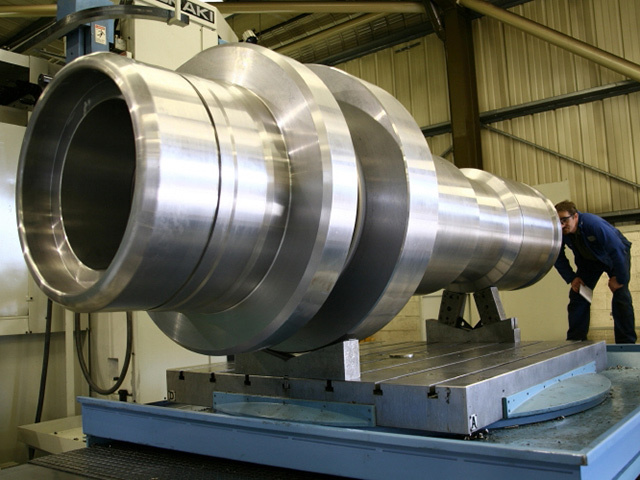
The boss of a North Sea engineering firm tasked with designing technology to prevent disasters like BP’s Macondo blowout has criticised industry chiefs for not being tough enough over subsea well safety.
Ben Van Bilderbeek – chief executive of Plexus – believes the Health and Safety Executive and industry body Oil and Gas UK should have banned wellheads which allow blowout preventers to be removed.
Speaking as the Aberdeen-based company announced record sales and record profits yesterday, he said there needed to be more decisive action to make sure the equipment was not the “weak link” in the architectural chain.
Its POS-GRIP device, which allows work to be done with the preventer attached, has soared in popularity since the Gulf of Mexico spill.
The firm is now working with some of the industry’s leading oil producers – including Total Shell and Maersk – to develop a “game changing” new wellhead which could be instantly locked down.
“Post the 2010 Gulf of Mexico incident, there is an increased awareness among regulators and operators of the need for improved safety procedures, the selection of ‘best available and safest technology’ equipment, and of heightened standards and practices,” he said.
“Some designs of surface wellheads require the blowout preventers to be removed to allow access to install the casing hanger and annulus seal assembly. I have been saying for over 25 years that such a practice is dangerous, unless absolutely necessary, as there is a risk that the well may become unstable which can lead to an uncontrolled major blowout incident, as indeed happened with the Montara well offshore Australia in 2009.
“The Health and Safety Executive and Oil and Gas UK state that the use of such a wellhead, ‘should be discouraged’ and ‘should not be used’.
“I maintain that clearer direction is warranted and that ‘should’ ought to, in fact, be ‘must’. The need for such clearer industry guidelines is something we are actively encouraging.”
In the aftermath of Macondo, major oil and gas operators united in supporting Plexus in a project aimed at addressing a number of systemic subsea wellhead deficiencies.
As a result, Plexus is now over halfway through the JIP to design and develop a new “HGSS” subsea wellhead. This will utilise the POS-GRIP wellhead technology which the company and its backers believe will address a number of key safety and operational challenges that conventional subsea wellhead equipment has not resolved to date.
These include long-term true metal-to-metal sealing, instant casing hanger lock-down, and solving the challenge of subsea annulus management in terms of monitoring and remedial capability.
Van Bilderbeek’s comments were contained within the firm’s annual results, which were published yesterday.
Profits before tax were £4.27million for the year ending June 30, up 38% from £3.09million the previous term.
Recommended for you
